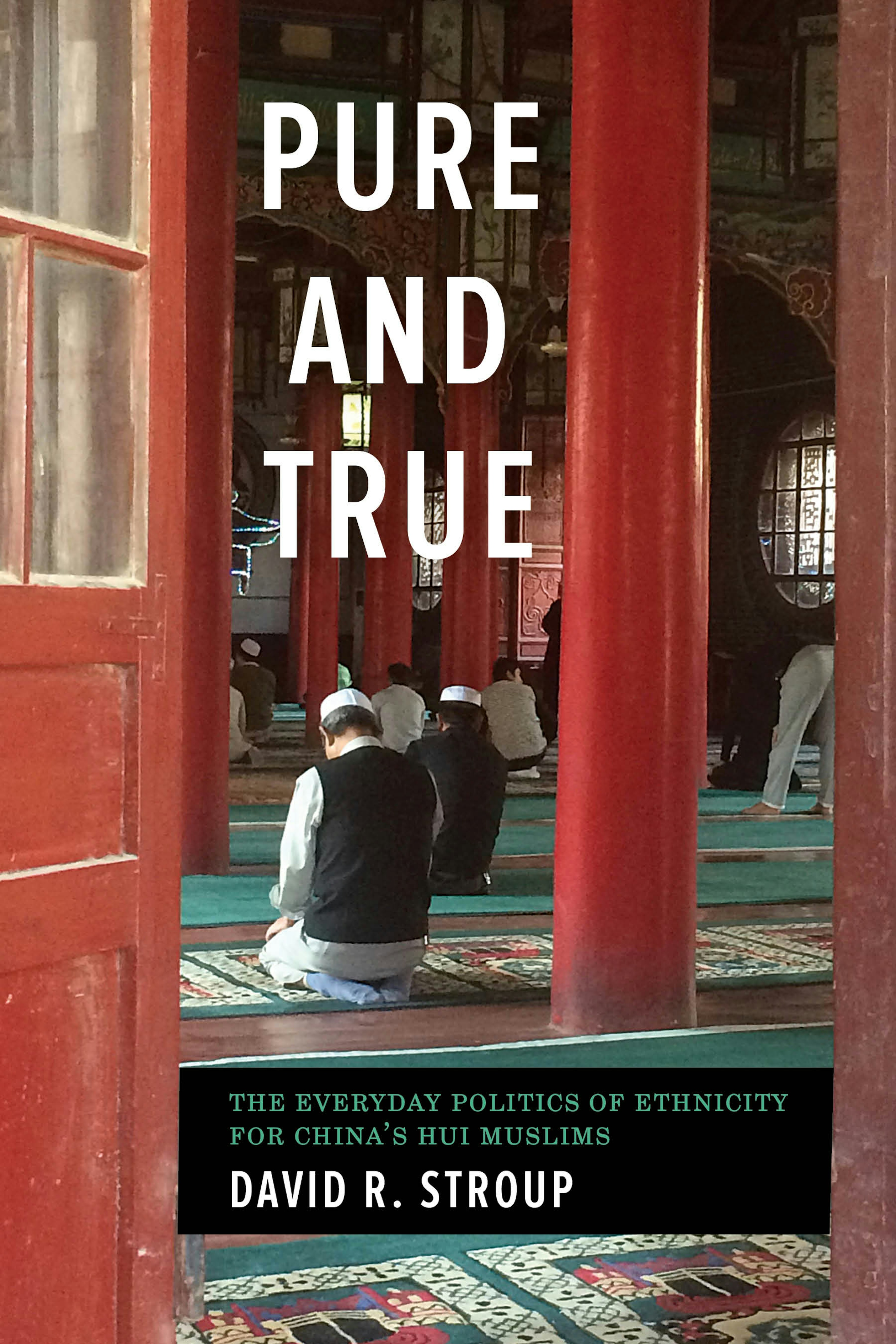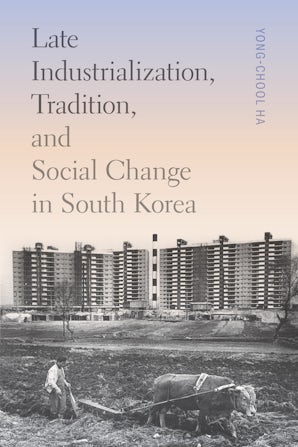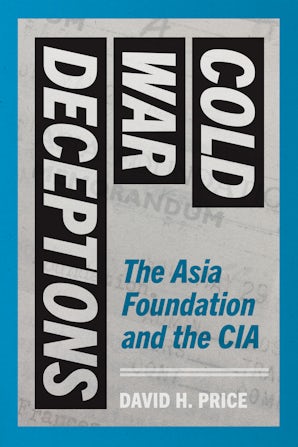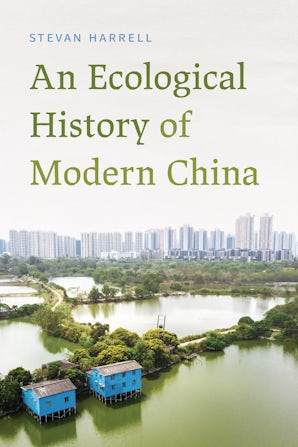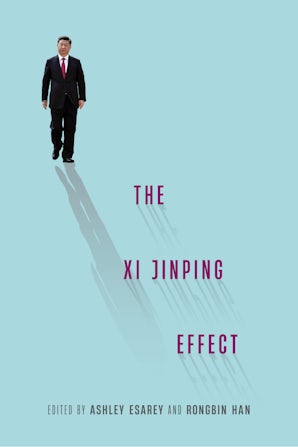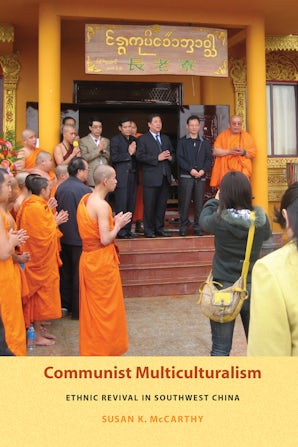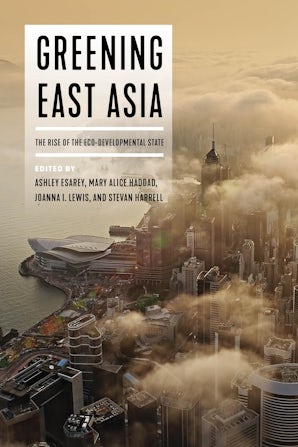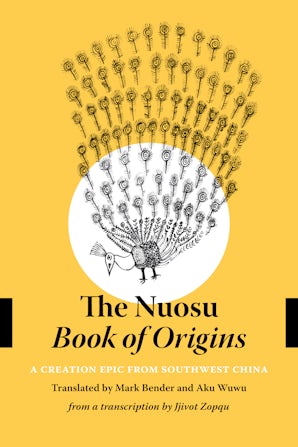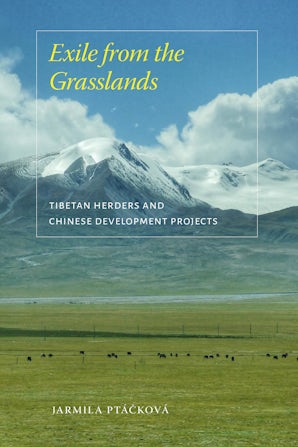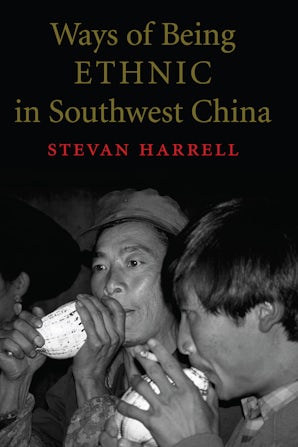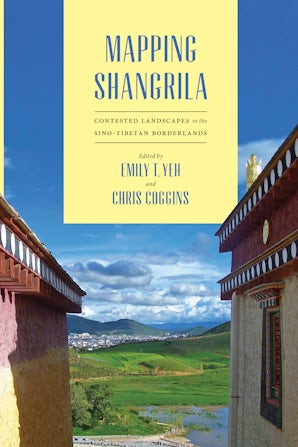"[A]n excellent book written against all odds."
-
International Journal of Asian Studies
"Stroup does a fabulous job personalizing his subjects while keeping a professional distance from them. He also grounds his observations in history, rooting his research not only in the field of Hui studies but in the history of urban development in China more broadly...His deep and thorough fieldwork allows him to draw from a multitude of different interviews from his four research sites (the Chinese cities of Beijing, Jinan, Yinchuan, and Xining) to make insightful and thoughtful conclusions about the ways that Hui Muslims negotiate the expression of their “everyday ethnicity.""
-
Asian Ethnology
"Stroup’s prose is lucid and pleasant to read, and his artful anecdotes from fieldwork draw the reader effectively into the midst of the issue at hand. It is rare that a study of ethnicity in China captures the everydayness, even the superficial banality, of negotiating difference, while showing that, under the surface, important tensions continue to simmer."
-
Inner Asia
"Every once in a while, one comes across a book that presents, in addition to new information and thought-provoking theorization, a precious opportunity for contemplating the great distance one's field has travelled...Stroup's accessible ethnographic descriptions and clear analyses render the book an essential reference for both general readers and established academics."
-
The China Quarterly
"This book offers a comparative, detailed, and thoughtful critique of China’s ethnic politics in the context of China’s urban transformation and migration…By meticulously documenting mundane everyday life concerns, Pure and True does an excellent job of decentering the ethnic or religious identity as the only predominant factor that shapes China’s heterogenous Hui communities."
-
Journal of Anthropological Research
"Despite the complexities present within Huí studies, Stroup has managed to weave an impressively accessible narrative, offering an excellent introduction to the Huí for those new to the subject while also granting an intimate insight into Huí identity for those with experience in the field. Well-grounded in prior research—both the specific field of Huí studies and also the broader field of Chinese urban development—and acutely aware of its potential limitations (specifically Stroup's own status as a non-Muslim white American), this volume is a worthy addition to the ever-growing field of Huí studies."
-
Religious Studies Review
"In this clear and informative account, David Stroup is sensitive to diversity and the perils of generalization."
-
China Journal
"Exceptional...Pure and True effectively opens up a thought-provoking perspective and new backdrop to make sense of Muslims (and other faith groups) in the era of Xi Jinping."
-
Anthropos
